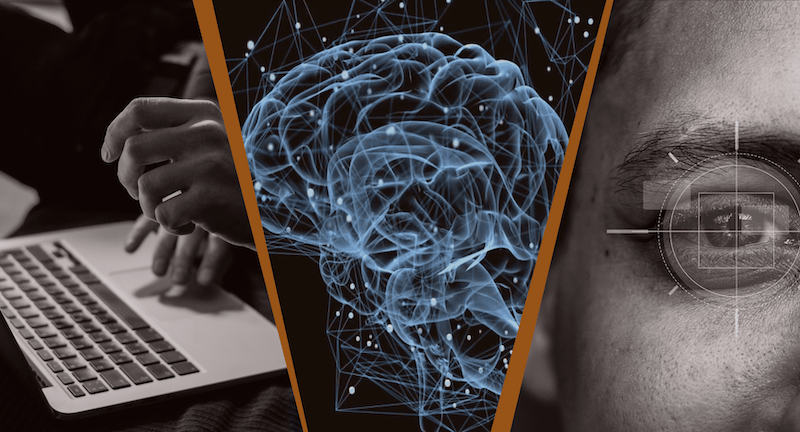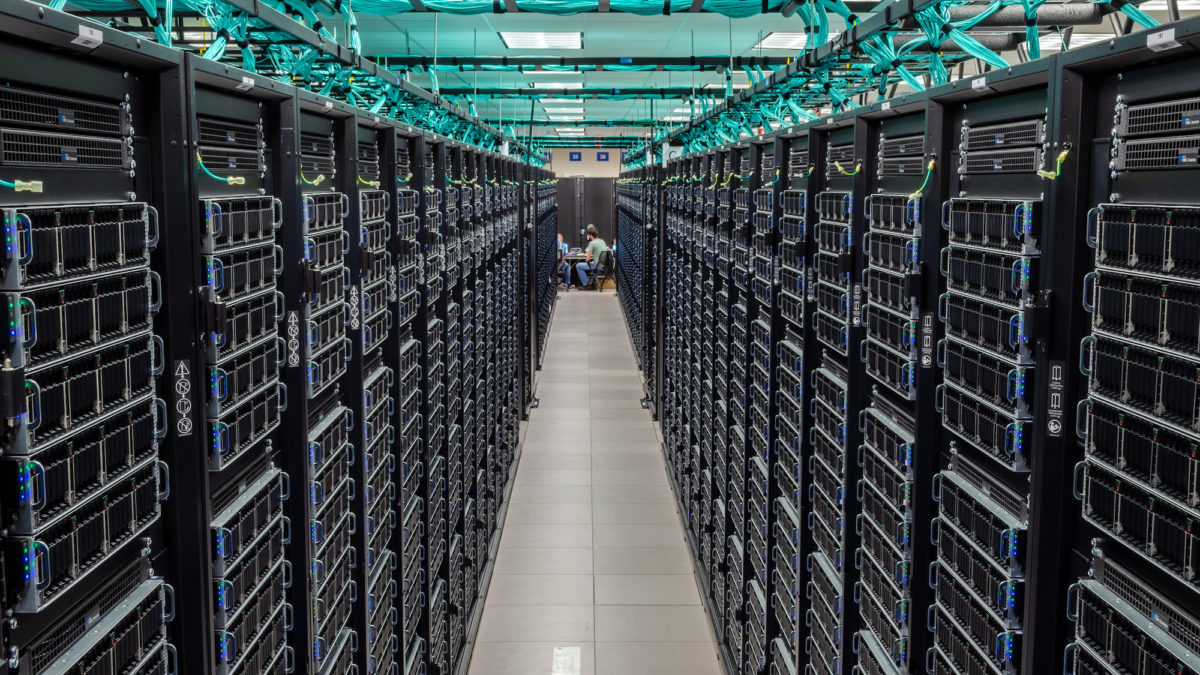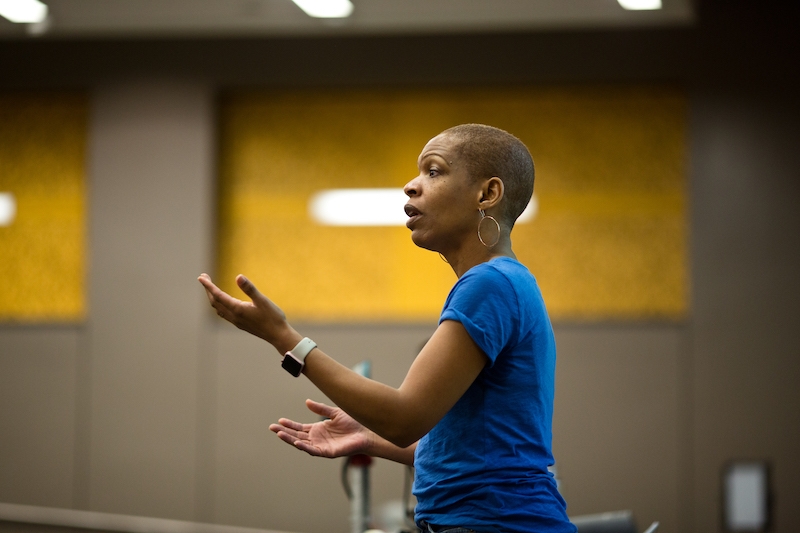Communication
As we face the COVID-19 pandemic, it’s more important than ever to provide the right information to the right people at the right time.
Information science is the systematic study and application of information in all its forms.
- It incorporates knowledge and strategies from diverse fields like behavioral, psychological, computer and social sciences as well as business.
- It provides novel approaches to combat misinformation.
- It guides us toward choices that support our individual and collective well-being.
The amount of data produced in the world doubles approximately every 15 months. Information science helps make accurate information more compelling and actionable to drive positive changes in our understanding and behavior.
Information science and communication are central to improving health and wellness in response to pandemics such as COVID-19. Researchers at UT Austin are at the forefront of this effort.
Explore Research Opportunities
Your support will advance our research efforts to fight COVID-19 now and help minimize or prevent future outbreaks.
Deployment of a real-time trustworthiness assessment to ensure only the best, most reliable sources and associated data are used for monitoring the incidence of COVID-19, providing confidence to citizens and health care workers alike.
Suzanne Barber, Cockrell School of Engineering
Creation of a database of critical health information in a large cohort of UT alumni who are experiencing the acute transition of working from home, documenting the negative impacts, providing recommendations and interventions, and putting UT at the forefront of population-based health research.
Molly Bray, College of Natural Sciences
Kate Calder, College of Natural Sciences
Jamie Davis, College of Natural Sciences
Stephen Russell, College of Natural Sciences
Hannah Williamson, College of Natural Sciences
Heather Leidy, College of Natural Sciences & Dell Medical School
Marissa Burgermaster, Dell Medical School & College of Natural Science
A study to describe the experience of essential health care workers during the pandemic, revealing insights to improve their well-being and better equip them for future medical crises.
Alison Cahill, Dell Medical School
Justin Benzer, Dell Medical School
Elizabeth Matsui, Dell Medical School
D. Jeffrey Newport, Dell Medical School
Paul Rathouz, Dell Medical School
Development of a dashboard that curates information from published scientific articles and clinical trials on COVID-19 that can improve patient care and speed progress to new discoveries, easing the burden on scientists and clinicians to stay abreast of this information.
Ying Ding, School of Information
Yan Zhang, School of Information
Development of tools built on human-AI partnerships to evaluate the veracity of online information, enhancing our ability to recognize misinformation, formulate individual beliefs, and engage in productive debate with others.
Matthew Lease, School of Information
Testing and development of health communications related to COVID-19, producing the best messages to improve public health broadly and targeted messages aimed at health care providers and vulnerable populations.
Michael Mackert, Dell Medical School & Moody College of Communication
A study of how civil services and local governing agencies are making decisions during the COVID-19 pandemic, increasing their capacity to anticipate public responses and community resiliency.
Gyorgy Zoltan Nagy, Cockrell School of Engineering
Polina Sela, Cockrell School of Engineering
Development of a brief, effective and accessible stress reduction protocol — via web, mobile app and telemedicine interfaces — to help prevent long-term mental health outcomes resulting from the COVID-19 pandemic.
Jasper Smits, College of Liberal Arts
Kean Hsu, College of Liberal Arts
Development of a health care-provider training program driven by evidence-based communication influence strategies to increase vaccine use once the COVID-19 vaccine is available.
Keri Stephens, Moody College of Communication
Matthew McGlone, Moody College of Communication
Radek Bukowski, Dell Medical School
Development of an EMS dispatch system that uses real-time information to rapidly adapt to changing situations and disruptions, guaranteeing that ambulances arrive at scenes quickly and patients are distributed optimally among care facilities.
Ngoc Tran, College of Natural Sciences
Evdokia Nikolova, Cockrell School of Engineering
A study of the type, amount and means of access to COVID-19-related information available to health care workers, equipping health systems to improve the health and well-being of their staff, patients and the public.
Bo Xie, School of Nursing & School of Information
Karen Johnshon, School of Nursing
Miyong Kim, School of Nursing
Linda Yoder, School of Nursing
Tim Mercer, Dell Medical School
Michael Mackert, Moody College of Communication & Dell Medical School
A study on how people access COVID-19-related information and how they are affected by, and cope with, misinformation, resulting in tools to help reduce the harmful effects of misinformation and improve health decision-making.
Yan Zhang, School of Information
Jacek Gwizdk, School of Information
Giving to Research at UT Austin
UT Austin is uniquely capable of driving innovation in communication and information science in response to COVID-19.

World leaders in information science
The UT Austin iSchool is consistently ranked among the top programs in information science internationally.

Advanced computational capacity
We have the world’s fastest university supercomputer and the largest top-10-ranked computer science department in the nation.


Faculty experience and expertise
Our researchers are exploring mechanisms for information-sharing in health crisis situations, and the impact of mis- and dis-information at managing an effective public health response.